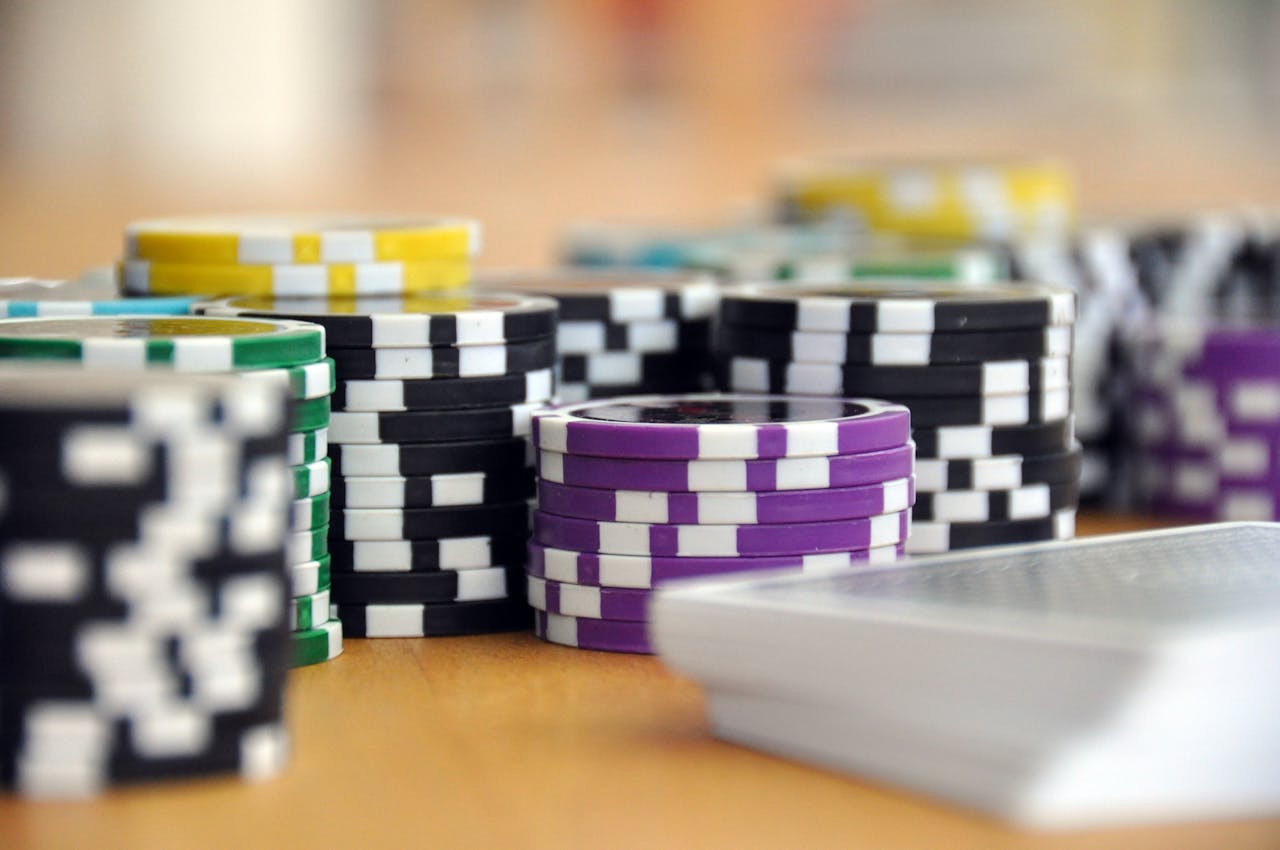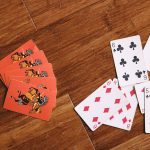Welcome to Manila’s Elite Casino Hub — your exclusive access point to the most prestigious and rewarding casino experiences in the heart of the Philippines. 🌴 Whether you’re a high roller seeking VIP treatment or a passionate gamer looking for premium entertainment, our platform is your trusted gateway to the elite world of Manila’s top-tier gaming. Through our service, you gain unparalleled access to world-class casinos, luxurious facilities, real cash games, and 24/7 excitement from anywhere in the country.

✨ Why Choose Our Service for Manila’s Elite Casino Access?
In a city buzzing with entertainment, our service stands out as the go-to hub for exclusive casino access. Here’s why thousands of players, tourists, and elite members trust us:
👑 Premium Partnerships – We collaborate with the top licensed casinos in Metro Manila
💼 VIP-Level Services – Personalized experiences, concierge support, and private tables
🎁 Massive Rewards – Cashback, high-roller bonuses, and loyalty programs
🔒 100% Secure Transactions – Encrypted payments, verified withdrawals, and strict privacy
📲 Mobile-Friendly Interface – Play elite games anytime, anywhere
🏢 Top-Tier Casinos in Manila You Can Access via Our Service
We provide connections to the most luxurious and reputable casinos in the capital:
🎰 Solaire Resort & Casino
🌟 One of Manila’s premier entertainment destinations
💵 High-stakes tables, international slot machines, and VIP lounges
🍷 Fine dining, spa access, and 5-star hotel amenities included
🏛️ City of Dreams Manila
🎡 Known for its modern interiors, grand design, and elite gaming floor
🎲 Offers exclusive poker rooms, baccarat halls, and live dealers
🎤 Entertainment hubs, nightclubs, and award-winning restaurants
🏨 Okada Manila
💎 The epitome of elegance in Manila’s casino landscape
🎰 Over 3,000 slot machines and 500 gaming tables
🧖♂️ World-class wellness spa and sky-view suites for members
💻 How Our Service Works
We make luxury gaming accessible, convenient, and secure for both locals and international players:
1. 🔐 Register on Our Platform
Quick sign-up with secure verification. VIP onboarding available.
2. 💳 Deposit with Ease
Accepts GCash, bank transfer, international cards, and crypto.
3. 🧑💻 Connect to Elite Casinos
Choose your preferred casino, join live tables or private lobbies.
4. 🏆 Win and Withdraw
Enjoy quick withdrawals with local-friendly methods and zero hassle.
🎮 Game Selection Fit for Royalty
Whether you enjoy strategy, luck, or high-intensity bets, Manila’s elite casinos offer an impressive selection of games:
🃏 Blackjack – Multiple variants with progressive jackpots
🎰 Slots – High-limit slots with dazzling visuals and massive payouts
🎲 Baccarat – A local favorite with VIP versions for serious players
♠️ Texas Hold’em – Live poker tournaments and private rooms
🔴 Live Roulette – Streamed in real time with professional dealers
🎥 Live Casino Games – Immersive gaming with real-world interaction
📍 Perfectly Located in the Heart of Manila
Most of our partnered casinos are situated in Entertainment City, a booming hub for nightlife, gaming, and luxury. Benefits of this prime location include:
🚖 Easy access from NAIA and key business districts
🏙️ Surrounded by high-end hotels, malls, and dining spots
🎟️ Direct connection to shows, spas, and exclusive events
🎁 Exclusive Bonuses via Our Platform
By choosing our service, you’re not just playing — you’re getting more value every step of the way:
💸 Welcome Package – Match bonus + free chips upon first deposit
🎡 Weekly Cashback – Up to 20% on net losses
📈 High Roller Perks – Bigger bonuses, faster withdrawals, and VIP status
🎫 Loyalty Points System – Redeem points for gadgets, trips, or cash
🎯 For Every Type of Player
Whether you’re just getting started or already a seasoned VIP, we’ve tailored experiences for you:
🌱 Beginner-Friendly Games – Try demo versions and guided tutorials
⚙️ Strategy Tools & Tips – Learn odds, card counting, and table behavior
🧠 Live Coaching Sessions – Improve your skills with real-time guidance
💼 Corporate Casino Events – Organize exclusive team-building nights
📱 Seamless Experience on Any Device
You don’t need to be in Manila physically to feel the thrill. Thanks to our fully responsive mobile platform, you can join the elite gaming world anytime, anywhere.
📲 Android & iOS compatible
💻 Web access from laptop or PC
🌐 No app required — just fast, secure browser access
Enjoy the same quality graphics, gameplay, and features as you would in-person, including live dealer games and HD video streaming.
🧑💼 Personalized VIP Management
Top clients receive dedicated concierge-level support:
📞 Direct account manager
🎯 Custom promotions
✈️ Travel support for international VIPs
🎉 Invites to closed-door tournaments and private casino parties
🎊 Events, Promotions & Live Tournaments
Through our service, you’re always in the loop with Manila’s casino scene:
🗓️ Monthly Tournaments – Big prizes and leaderboard glory
🎊 Holiday Specials – Lunar New Year, Christmas, and Fiesta giveaways
🥂 Private High Stakes Nights – By invitation only
🏆 Jackpot Drops – Daily and progressive prize pools
🇵🇭 Local Culture Meets Global Gaming Standards
One of the reasons Manila’s casino scene stands out is its fusion of Filipino hospitality with international-level gaming.
🤝 Friendly dealers trained in multiple languages
🥘 Complimentary access to Filipino cuisine and bar service
🎶 Live cultural performances, music nights, and themed festivals
🎯 Games licensed by PAGCOR – ensuring fairness and transparency
💡 Responsible Gaming Support
We encourage all players to enjoy responsibly. Our tools include:
🧭 Session Timers – Keep track of your play hours
💳 Spending Limits – Set daily or monthly budgets
🛑 Self-Exclusion Options – Temporary or permanent limits
📞 Help Access – Partnered with support groups for gambling help
🌍 Available for Locals & International Travelers
Whether you’re a local enjoying weekend leisure or a business traveler visiting Manila, our service is designed for both audiences:
🛬 Tourist Packages – Combine gaming with accommodation and tours
🛡️ Foreign Currency Support – Easy conversion for USD, EUR, SGD, and more
📜 Instant E-Verification – No long paperwork or queues
🏨 Hotel Booking Integration – Reserve rooms directly through our portal
🚀 Start Your Elite Casino Experience Now
Why wait? Elevate your lifestyle and enter the world of Manila’s elite gaming community with a few simple clicks.
✅ Instant access to top casinos
✅ Tailored bonuses and VIP options
✅ 24/7 support and smooth withdrawals
✅ Luxury, thrill, and real rewards
🎰 Join Now through our service and take your place among Manila’s elite. Your seat at the high-limit table awaits! 💼💸




